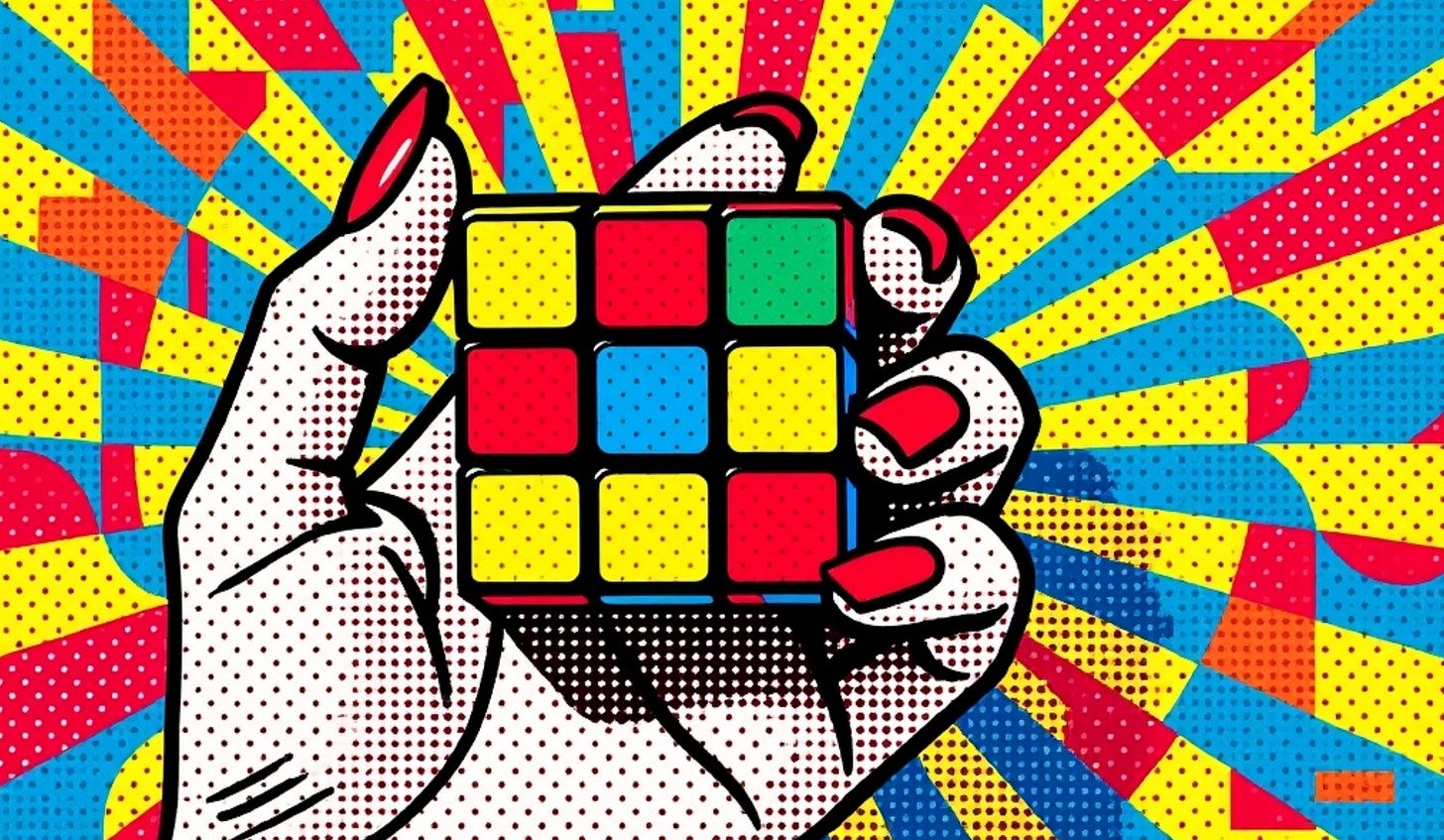bitcoin mining consumes as much energy as some countries - why?
The Bitcoin network processes thousands of transactions daily without banks, governments, payment processors, fraud or double-spending. How is this possible?
The answer lies in Bitcoin's consensus mechanism “proof-of-work” that replaces “trusted” third-parties with mathematics.
In digital systems, information can be copied infinitely. Without a central authority to verify transactions, how do you prevent someone from spending the same bitcoin twice?
Bitcoin’s proof-of-work algorithm solves this problem known as the “double-spend problem” by requiring that miners expend real computational energy to validate transactions.
Miners compete using computing power to solve a type of lottery by finding a hash value below a specific target. This number is called a “nonce”. The process is difficult and energy-intensive, by design.
When a miner finds a valid nonce, they win the right to compile the set of transactions that will go into the next block from the pool of pending transactions know as the “mempool”. This next block is then broadcast to a network of nodes, who validate that the new ledger of transactions was created without “cheating”.
Nodes can instantly verify if the solution is correct, but finding the nonce requires significant work. A good analogy is to think of how hard it is to solve a rubiks cube, contrasted with how quickly you can check if the cube was solved correctly.
This "proof" that work was done becomes the basis for accepting the new block of transactions.
By incentivising good behaviour, Bitcoin’s proof-of-work mechanism allows the system to operate without “trusted” third parties.
Critics argue proof-of-work wastes energy. This misses the point. The energy secures the world’s safest monetary network and is why the traditional banking is estimated to be 56 times more energy intensive than the Bitcoin network.
Moreover, the proof-of-work algorithm facilitates a fully decentralised banking system that anyone can participate in as long as they have access to the internet. This neatly solves the problem of “banking the unbanked”, for the most part.
The Bitcoin network is the most robust and decentralised monetary system in human history.
Get on board now.




